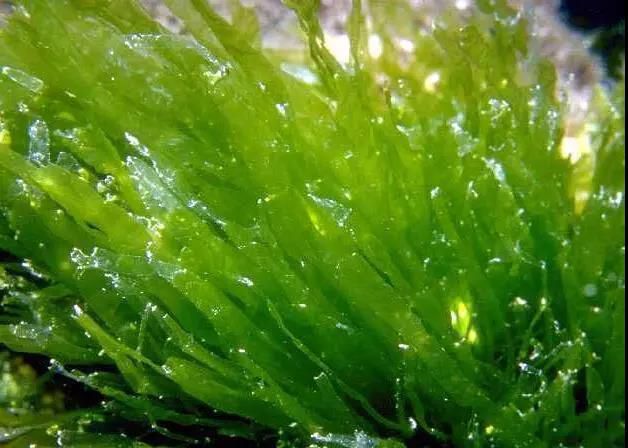E-MAIL: dvp@qddvp.com
TEL: +86-532-85807910
E-MAIL: dvp@qddvp.com
TEL: +86-532-85807910
growth hormone
It has been detected that seaweed extract contains plant growth regulators. In fresh
seaweed formula, it contains cytokinin and indoleacetic acid (IAA) gibberellins, cell
division like compounds and polyphenols. In higher plants, IAA appears with carboxyl
groups, glycans, amino acids and peptides, which are converted into free IAA after hydrolysis.
betaine
As a compatible solute in plants, betaine alleviates osmotic stress induced by salt
and drought stress, and other functions have been proposed, such as enhancing
leaf chlorophyll. There is also evidence that betaine can be used as a source
of nitrogen at low concentrations and as a higher concentration osmotic solution.
Sterols
Generally speaking, plant cells contain a mixture of sterols, such as stigmasterol,
24-methylcholesterol and cholesterol. Brown seaweed mainly contains phycosterol
and phycosterol derivatives, while red seaweed mainly contains cholesterol and cholesterol
derivatives. Ergosterol and 24 methylcholesterol were mainly accumulated in green algae.

Production method of seaweed fertilizer
Generally, it can be divided into chemical hydrolysis method (i.e. potassium hydroxide
hydrolysis method), physical extraction method, biological fermentation method (i.e.
enzyme degradation method), etc., as well as the fertilizer which is made by extracting
bioactive substances from the waste of seaweed industry and then scientifically compounding.
The extraction method has a great influence on the content of active substances and
nutrients. Even if the content of nutrients is the same, the content of active substances
may be very different. If the active ingredient of seaweed can keep its original state
to the maximum, its application effect is the best.
Impact on soil health
Soil structure and water conservation not only promote plant growth, but also affect
physical, chemical and biological properties, which in turn affect plant growth. Seaweed
and seaweed extracts enhance soil health by improving moisture retention.
Alginate combines with metal ions to form a high molecular weight complex in soil to
absorb water, expand, maintain soil water and improve aggregate structure. This leads
to better soil aeration and capillary activity in soil pores, which in turn stimulates plant
root growth and promotes soil microbial activity. The characteristics of unicellular algae
have been confirmed to have a certain value in soil remediation, especially in the remediation
of heavy metal pollution in contaminated soil.
Impact on crop yield
Seaweed extract can promote early flowering and fruiting. In many crops, when flowering
is related to the number of flowers produced, seaweed extract can effectively promote
flowering and enhance plant growth. The increase of plant yield after seaweed treatment
is considered to be one of the reasons for the increase of hormone extracts, especially cytokinins.
Plant cytokinin organs are related to the distribution of nutrients. The distribution of photosynthetic
products may shift, perhaps significantly, from vegetative organs (roots, stems and young leaves)
to fruit development for fruit growth and development.
Vegetative reproduction
Seaweed products are used to propagate many crop varieties of traditional nutritional plants.
Exogenous application of auxin is a common practice to enhance rooting of cuttings. At 1:100 dilution,
the number and quality of root cuttings were increased, and the root activity of difficult root cuttings was improved.